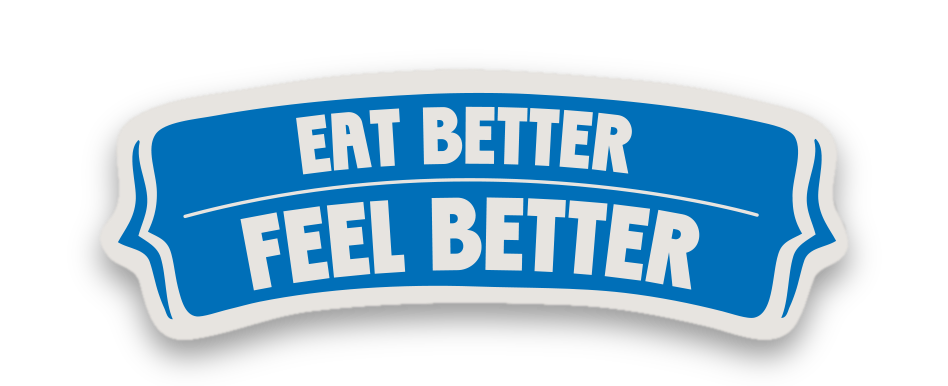Ingredients
- 1 Lean Pack (440g) Beef
- 1 Medium (150g) Red onion
- 2 (6g) Garlic Cloves
- 1 Can (400g) Chopped Tomatoes
- 1 Teaspoons (1g) Mixed Herbs
- 1 Reduced Salt (7g) Beef Stock Cube
- 1 Boiling Cups (150ml) Water
- 1 (160g) Red Pepper
- 1 (160g) Green Pepper
- 1 Large (150g) Courgette
- 1 (260g) Aubergine
- 1 To Taste Pinch (1g) Ground Black Pepper
- 6 ½ Tablespoons (260g) White Rice
Allergy Disclaimer
Always check the label of each ingredient for allergy warnings.
Cost Disclaimer
Please note the cost per serving may now be slightly higher due to rising prices in supermarkets.
Method
- Heat the oven to 180°C / 350°F / 160°C fan oven / gas mark 4.
- Cut the beef into chunky cubes.
- Peel and chop the onion and garlic.
- Dissolve the stock cube in the boiling water.
- Brown the beef in the oil in a frying pan over a medium to high heat.
- When the meat is browned, place the beef, onion, garlic, chopped tomatoes, herbs and stock in a large ovenproof dish and stir. Place in the oven for 1 to 1 1/2 hours.
- Wash the peppers, courgette and aubergine and chop into large chunks.
- Add the vegetables and black pepper to the casserole and stir. Return to the oven for 30 minutes to 1 hour until the vegetables are soft and the meat is tender.
- Cook the rice according to the instructions on the packet and serve with the beef ratatouille.
Time Saver Tips
To make this recipe quicker, you could buy meat that's already been cut into cubes.
Cost Saver Tips
Can be left to cook on the hob rather than using the oven.
Tips for Kids
The more veggies the better – if your kids have favourites, such as carrots or mushrooms, pop them in too.
Nutritional Information
Based on a single serving of 509g (% of an adult's reference intake)
Energy
522 kcals ( 26 %)
2,198 kJ ( 26 %)
Fat
14.7 g ( 21 %)
Saturates
3.9 g ( 20 %)
Sugar
9.8 g ( 11 %)
Salt
0.6 g ( 10 %)
Detailed Nutritional Information
Find out about nutritional labelling
Nutrition labels on the front of packaging
- Most of the big supermarkets and many food manufacturers display nutritional information on the front of pre-packed food.
- Front of pack nutrition labels provide information on the number of grams of fat, saturated fat, sugars and salt and the amount of energy (in kJ and kcal) in a serving or portion of a recipe.
- The labels also include information about reference intakes (expressed as a percentage) which are guidelines about the approximate amount of particular nutrients and energy required for a healthy diet.
- The colour coding tells you at a glance if the food has high (red), medium (amber) or low (green) amounts of fat, saturated fat, sugars and salt.
- The more greens on the label, the healthier the choice
- Amber means neither high nor low, so you can eat foods with all or mostly ambers on the label most of the time.
- Reds on the label means the food is high in that nutrient and these are the foods we should cut down on. Try to eat these foods less often and in small amounts.
Food shopping tips
If you’re trying to decide which product to choose, check to see if there's a nutrition label on the front of the pack. This will help you to quickly assess how your choices stack up. You will often find a mixture of red, amber and green colour coding for the nutrients. So when you're choosing between similar products, try to go for more greens and ambers and fewer reds if you want to make a healthier choice.

